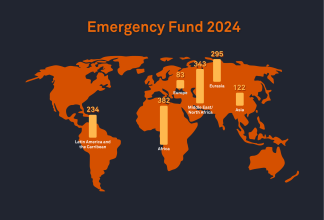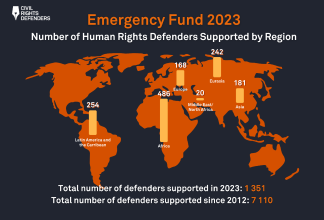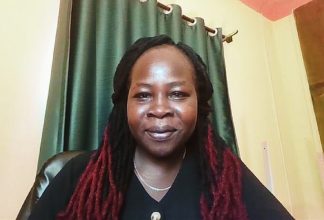Emergency Fund – 2020 in Numbers
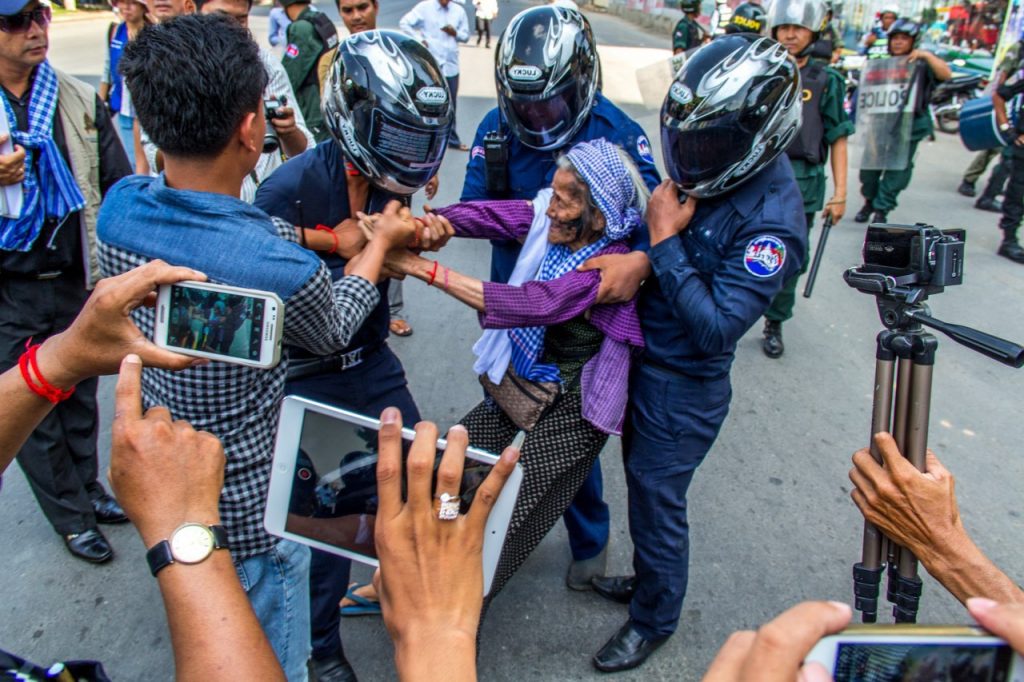
As democracy is declining in many parts of the world, being a human rights defender has become increasingly dangerous. Many on the frontlines are exposed to risks and threats on a daily basis. When a situation escalates, our Emergency Fund seeks to provide rapid assistance and get defenders out of harm’s way as quickly as possible. In 2020, the fund supported a total of 730 human rights defenders from 34 countries.
Last year was a challenging year for many, not least for human rights defenders. The world was faced with a global pandemic which in many countries led to State of Emergency legislation that paves the way for unchecked violations of human rights. Several authoritarian leaders have used the pandemic as an excuse to tighten their grip on power and further limit fundamental freedoms. Journalists, LGBTI+ activists, human rights defenders, and others who have raised their voices to challenge the increased authoritarianism have been met with violent counter actions.
For our Emergency Fund, this meant that we saw an increasing number of applications from human rights defenders in need of support. At the same time, we saw the need to readjust our methods to be able to work faster and more efficiently. Despite challenges with travel restrictions and nationwide lockdowns, this resulted in an increase of support by over 30%.

A growing need for support
For the first time since 2001, the majority of the world’s countries are autocratic, according to the independent research institute V-Dem. In Latin America for instance, the level of democracy has not been this low since the early 1990s. Additionally, attacks on freedom of expression and media freedoms are affecting an increasing number of countries.
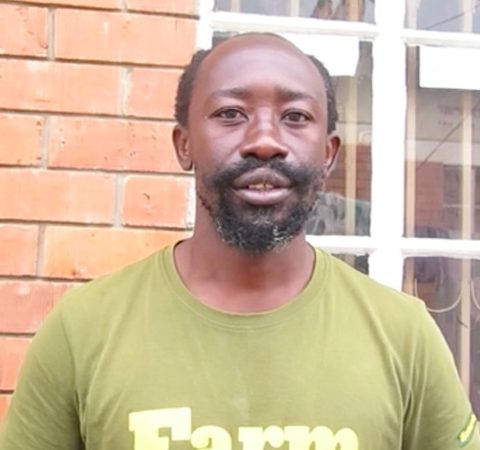
Among those who have faced the consequences of this are journalists focusing on human rights issues. In 2020, we granted support to 214 journalists, making them the second largest group of grantees that year. One of them was Perez Rumanzi, a Ugandan journalist who was brutally assaulted by police when reporting about their violent enforcement of Covid-19 related restrictions.
“I was hit several times with sticks and brows on all parts of my body. I have standing injuries, but I am fortunate that the internal organs were not damaged. It is unfortunate though that the police said they would not enter my assault case,” said Perez Rumanzi.
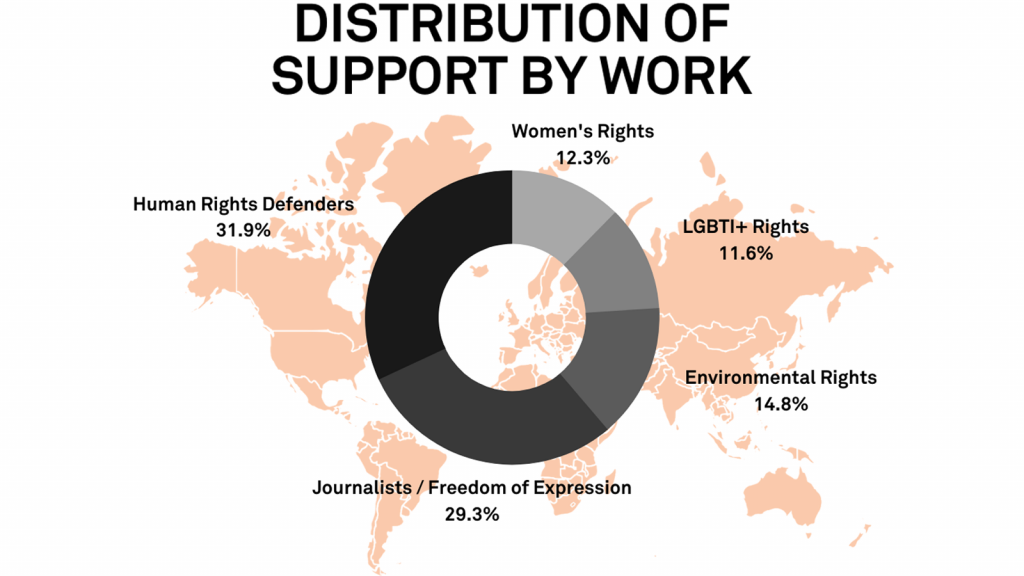
Perez Rumanzi received support in May 2020 and is now able to continue his work to document human rights abuses in Uganda. His case illustrates one of the key purposes of the Emergency Fund – to enable human rights defenders to continue their tireless and important efforts to hold power to account. In 2020, 98% of all grantees were able to continue their work after receiving support.
The majority of human rights defenders who received emergency support in 2020 were, like Perez Rumanzi, from Africa. Additionally, the Emergency Fund continued to expand its global reach in five more regions – Eurasia, Latin America, Asia, Europe, and MENA. In total, support was provided to human rights defenders in 34 countries during the course of 2020.
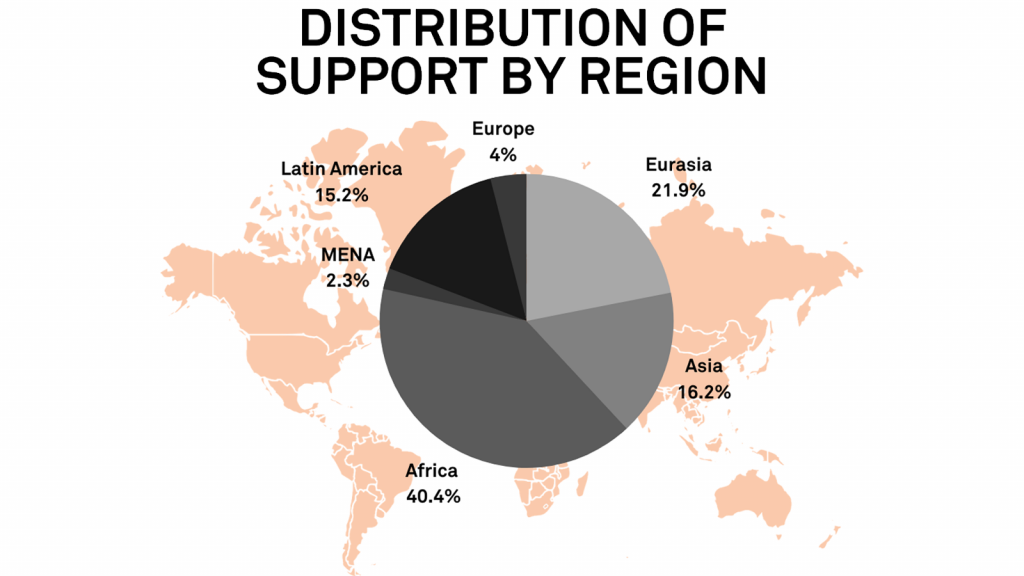
Working with emergency support during a pandemic
The Emergency Fund is designed to be able to grant both proactive security measures and emergency interventions. We know from experience that if support is granted before the situation escalates, the risks that a human rights defender will suffer from stress and burnout decrease.
The support we provide can, for example, be to cover legal fees after arrests, support to seek international protection or to increase security with measures such as assault alarms, security training, psychosocial support, or increased office security. In 2020, despite the global pandemic and the travel restrictions that followed, temporary relocations continued to be one of the most requested types of support. The primary goal of this is to quickly de-escalate a situation and move a human rights defender out of immediate danger until it is safe for them to resume their work.
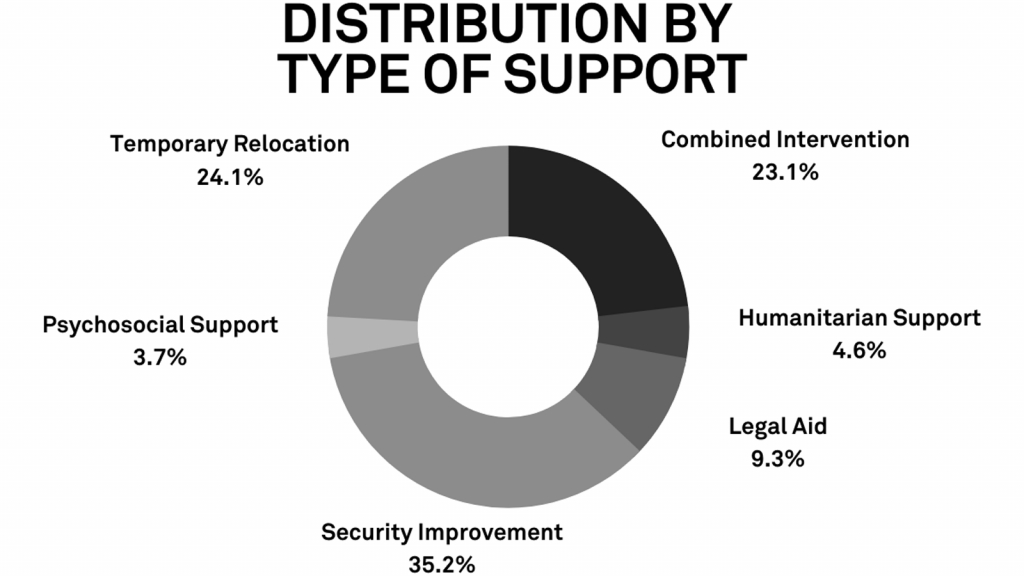
“The pandemic affected a lot of our work in 2020 and we were faced with unexpected difficulties, not least when it came to travel restrictions and their effects on the possibilities of temporary relocations. We had to be very agile and come up with creative solutions. At the end of the day, taking on this challenge has strengthened the capacity of the Emergency Fund and our own flexibility,” said Zinaida Muradova, Protection Officer at Civil Rights Defenders.
We also saw an increasing number of requests for humanitarian and psychological support as a result of nationwide lockdowns and other Covid-19 related restrictions. Many human rights defenders were also requesting legal aid due to an increasing trend of arbitrary arrests and charges in almost every region we work in.
Advancing gender sensitivity
In 2020, we continued to strengthen gender sensitivity and analysis connected to the Emergency Fund. Among other things, we continued to actively build a wider network of women and LGBTI+ human rights defenders by introducing our work to relevant networks in all regions where we work. This has led to a fairer and more equal distribution of support in comparison to previous years. Out of the total 730 human rights defenders who received support from the Emergency Fund in 2020, 47% identified as men, 51% identified as women, and 2% identified as gender non-conforming.
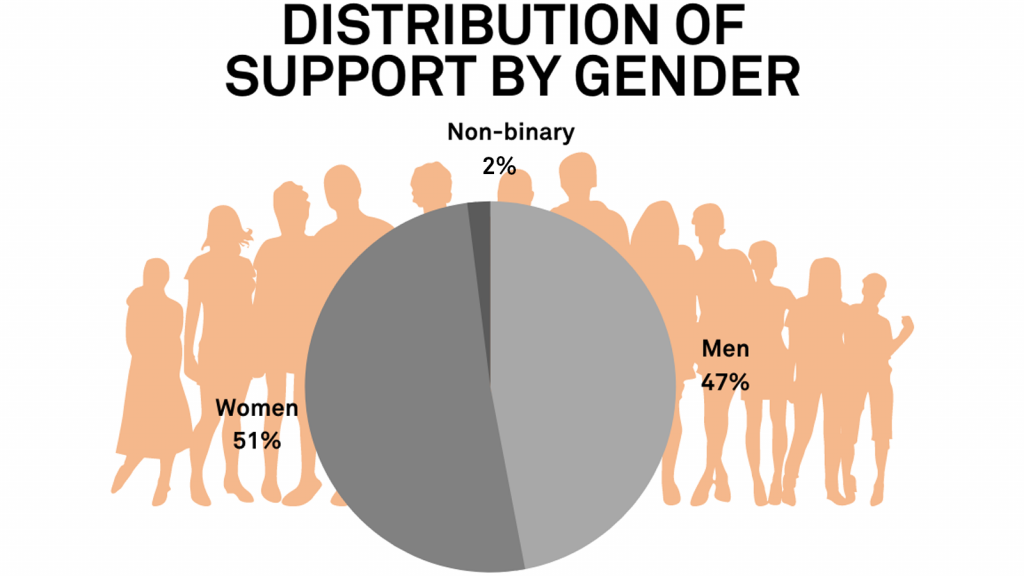
Throughout the year we have been conducting quarterly check-ins and inventories to ensure that our support is equally distributed between all genders, in some cases, we knowingly prioritised support to women and LGBTI+ activists to restore a balance. To ensure that we are working in a more gender sensitive manner we now always take an intersectional approach when conducting risk assessments. Social and economic status, gender identity, orientation, race, age, and other aspects have to be considered and be part of the assessment.
“What we know is that crisis affects different groups in different ways. It was evident that the pandemic hit marginalised and vulnerable groups, such as women and LGBTI+ communities harder than others. Realising that intersectionality is a key in ensuring gender-responsive rapid response mechanism, we further integrated it in our risk assessment process and provided measures,” said Zinaida Muradova.
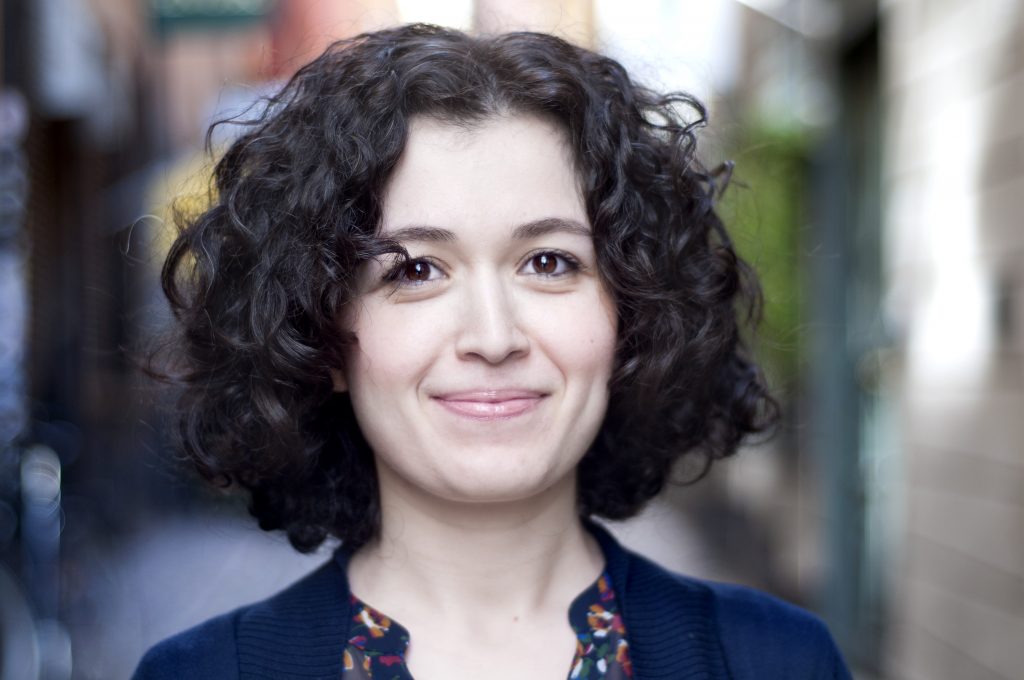
Our goal is to ensure a more gender-sensitive and gender-responsive emergency grant mechanism. While recognising the progress, we also acknowledge that there is still much that remains to be done. The Emergency Fund team will therefore continue to deepen and further develop this aspect of our work in 2021.
